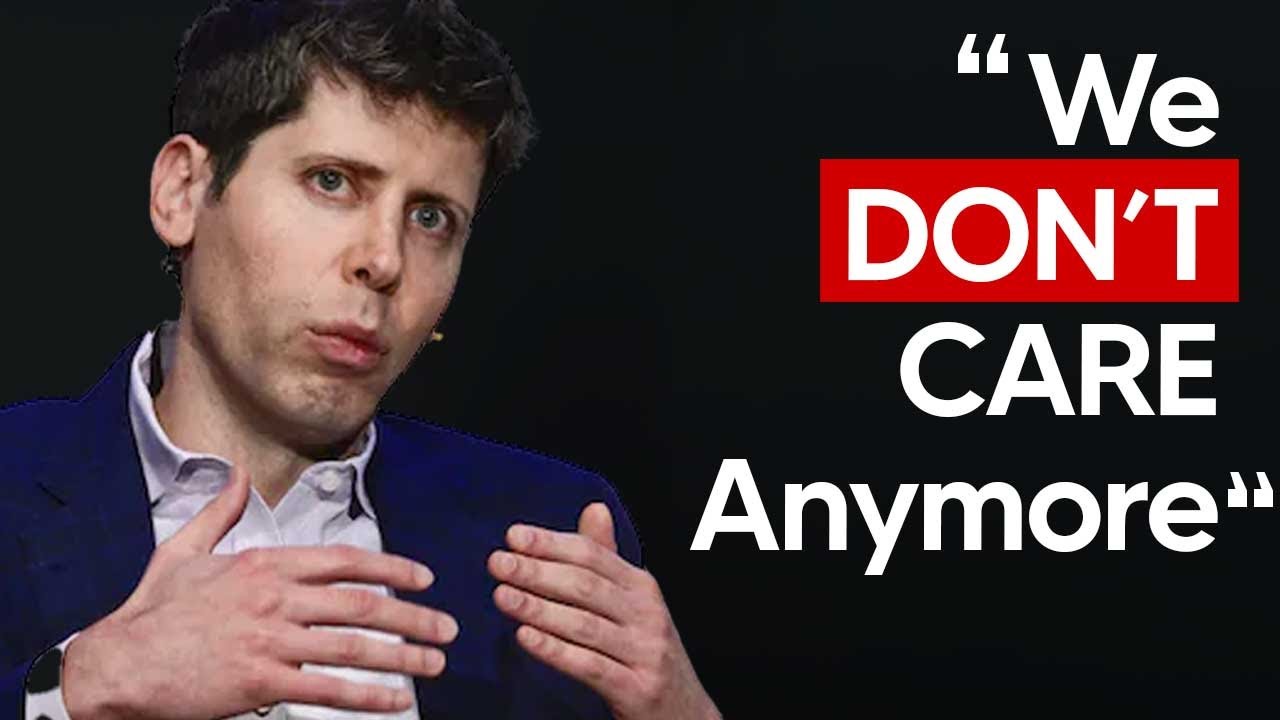OpenAI CEO Sam Altman announced a strategic shift towards prioritizing consumer experience and user acquisition over solely developing advanced AI models, emphasizing the importance of user engagement in a commoditized AI landscape. He suggested exploring alternative monetization strategies and hinted at future developments, indicating that OpenAI aims to become a consumer-focused tech company rather than just a model-centric organization.
In a recent interview, OpenAI CEO Sam Altman discussed a significant strategic shift for the company, indicating a move away from solely focusing on frontier AI models to prioritizing consumer experience and user acquisition. This change comes as OpenAI has evolved from a small research lab into a large tech company, initially dedicated to open-source AI models. The rapid success of ChatGPT, which became the fastest application to reach 100 million users, has prompted OpenAI to reconsider its mission and approach in a landscape where AI models are becoming increasingly commoditized.
Altman drew an analogy between the evolution of AI models and the historical development of transistors, suggesting that just as transistors became ubiquitous and affordable, AI capabilities will also become standard features integrated into various products. He emphasized that in the future, the differentiation between companies will not be based on the sophistication of their AI models but rather on the overall user experience and customer loyalty. This shift indicates that OpenAI may prioritize building a consumer tech company that focuses on enhancing user interactions with AI.
During the interview, Altman highlighted the importance of having a large user base, stating that a platform with one billion daily active users would be more valuable than a state-of-the-art AI model. This perspective suggests that OpenAI is shifting its focus towards creating engaging consumer products rather than solely competing on the technical capabilities of its AI models. As AI technology becomes more accessible, the emphasis will likely be on how well companies can attract and retain users.
The discussion also touched on monetization strategies, with Altman expressing skepticism about traditional advertising models. Instead, he suggested exploring alternative revenue streams, such as affiliate marketing through e-commerce. This approach aligns with OpenAI’s goal of enhancing user experience while generating revenue without compromising the quality of interactions users have with their AI products.
Finally, Altman hinted at potential developments regarding open-source strategies and the future release of GPT-5, indicating that OpenAI is aware of the competitive landscape and the need to innovate continuously. The overall message from the interview is clear: OpenAI is transitioning from being primarily a model-focused company to one that values consumer engagement and experience, recognizing that the future of AI will be defined by how well companies can connect with and serve their users.
